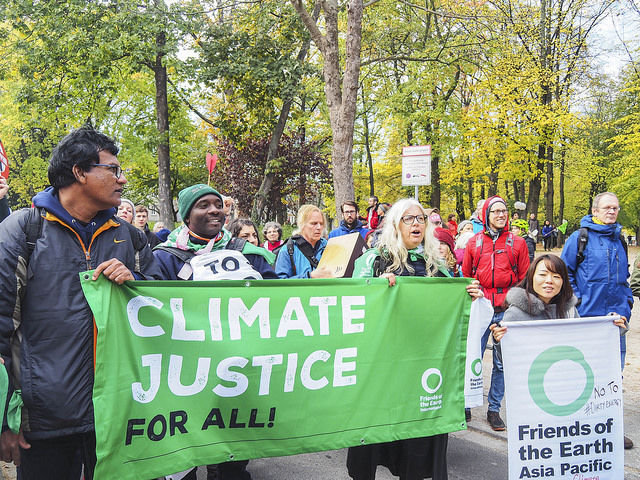
Climate Act
We know that climate change is affecting people today.
Communities are already experiencing the impacts of man-made climate change, especially in the global South, but also increasingly here in Europe. Those least responsible for causing climate change are harmed first and worst.
Friends of the Earth believes that European and other rich industrialised countries who are most responsible for causing climate change, must do their fair share to act first and fastest to combat climate change in ways that do not deepen social injustice. Scotland must play its part.
Scotland’s new Climate Law
The science is clear. To limit global warming we need urgent action in the next decade.
But the Scottish Government’s draft climate law, published in May 2018, kicks climate action into the long grass and pushes the burden for tackling climate change onto future generations.
We’re working to ensure the new Climate Change Act delivers our fair share of global greenhouse gas cuts, and builds a just transition towards a fairer, healthier, zero-carbon Scotland.
To set Scotland on a path consistent with the Paris Agreement aims of limiting global warming to 1.5C, this new law needs to set stronger targets, together with new policies to deliver rapid emissions cuts.
The campaign so far
- June 2017 – Scottish Government published proposals for the new Climate Bill. The government had chosen not to listen to the science, and proposed to do almost nothing extra to tackle climate change between now and 2030.
- Summer 2017 – Almost 20,000 people responded to the government consultation, 99% of whom called for stronger targets and more climate action! Read our response.
- May 2018 – The draft Climate Change Bill was published, but there’s a lot to improve!
- Autumn 2018 – Scottish Parliament Environment & Climate Change committee start their inquiry into the draft law.
- April 2019 – We were outside the Parliament calling for more ambition as MSPs debated the Bill for the first time. Check out the highlights from the ‘Running Out Of Time’ rally
- April 2019 – First Minister Nicola Sturgeon declared a Climate Emergency.
- May 2019 – Following advice from UK Committee on Climate Change, the Scottish Government proposed a new target of ‘net-zero’ climate emissions by 2045.
- June 2019 – MSPs on the Environment Committee debated and vote on over 100 proposed amendments to the Bill.
What have we won so far?
- In September 2017, thanks to public pressure, the government listened to all of us and committed to two of the things we were asking for:
- They pledged to phase out the sale of new fossil fuelled vehicles by 2032, which will help to bring down emissions from transport.
- The Scottish Government also committed to establishing a Just Transition commission to advise the Government on how to make the move towards a low-carbon economy in a fair way. This was one of our key asks during the consultation, and will help ensure the benefits of a low carbon economy are shared within Scotland. We’re still fighting for this commission to be established in law.
- In April 2019, following public pressure from growing climate movements Extinction Rebellion and youth strike for climate, First Minister Nicola Sturgeon declared a climate emergency.
- In June 2019, MSPs voted to improve the targets – to 70% cuts in emissions by 2030 (from 66%) and net-zero greenhouse gas emissions by 2045 (target had previously been 90% cut in emissions by 2050). These are welcome steps forward, but still not strong enough.
What’s next?
The Bill must pass through three stages in the Scottish Parliament before it can become law; during which time all MSPs will have the chance to debate, vote and suggest improvements to the Climate Bill.
Currently, we’re about to enter Stage 3 of the process. This means that all MSPs will debate potential changes to the Bill in the form of amendments. This will be last chance to improve the Bill so it’s crucial that people keep pushing their MSPs to deliver the changes needed.
In March, the Parliament’s Environment & Climate Change committee published a report based on evidence from a wide variety of experts and stakeholders on what more Scotland could and should do to tackle climate change. You can see reaction to this report here.
MSPs then debated and backed the general principles of the Bill in Parliament. You can see the transcript of that Stage 1 debate here.
To improve the Bill, we need to work with all parties in the Parliament. Please help by emailing your MSP and asking them to support stronger targets.
The final debate on the Bill could be before the end of September 2019. We need to keep up the pressure throughout the final weeks of this process. Read Caroline’s blog on what more needs to happen
This 30 minute webinar with Caroline (FoES) and Ryan from Stop Climate Chaos explains what is going on with the Climate Bill.
Latest Blogs
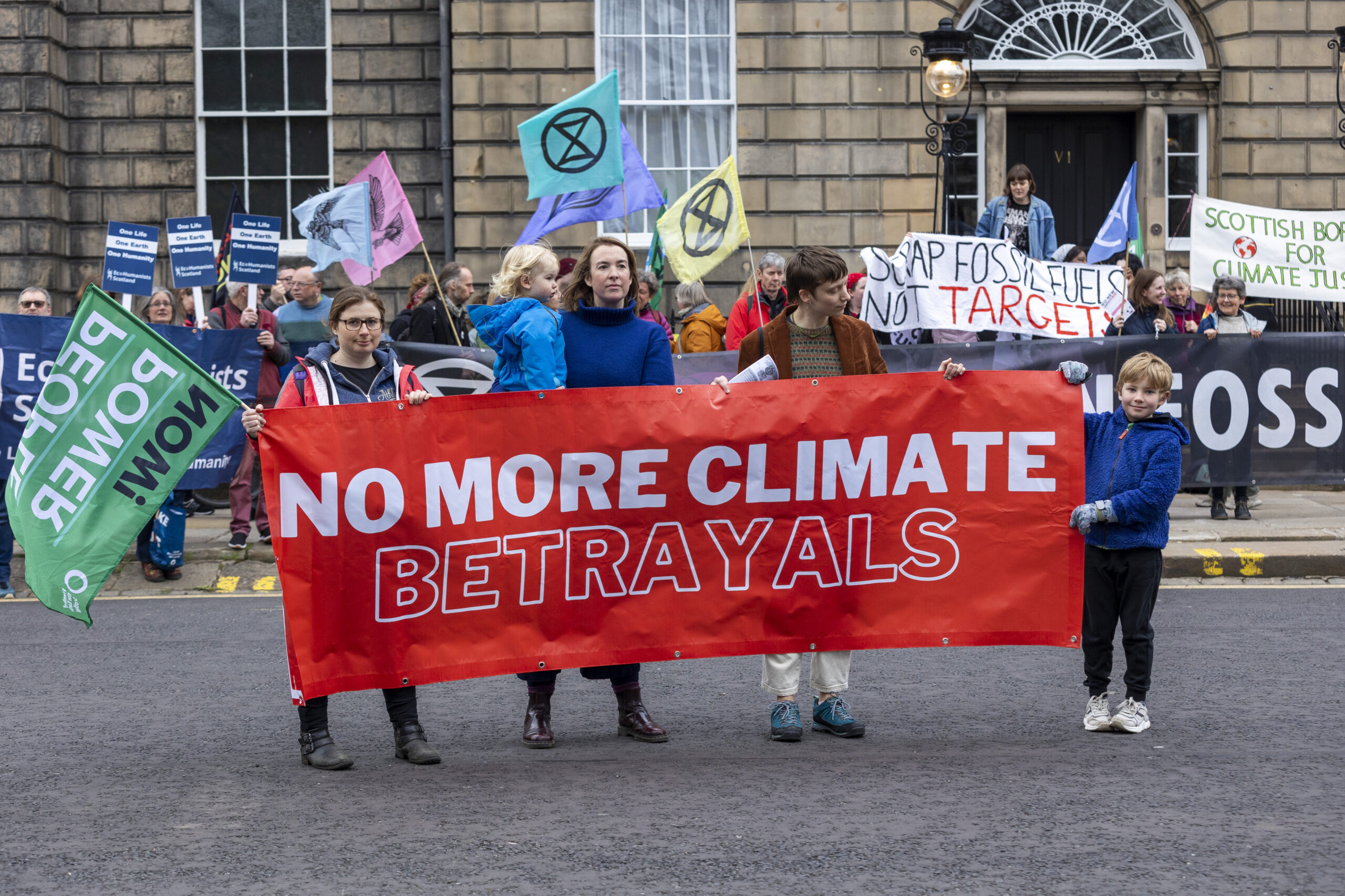
Why is Scotland scrapping its climate targets?
Why Scotland is scrapping its vital climate targets, why this matters and what needs to happen now.

The SNP manifesto’s climate and nature policies – the verdict
Does the SNP have good green policies? We’ve analysed their 2024 manifesto to find out if they deserve yo

Bute House protest demands First Minister stick to climate target commitments
The climate movement was protesting the decision to scrap Scotland’s vital 2030 climate targets.
Latest Press Releases
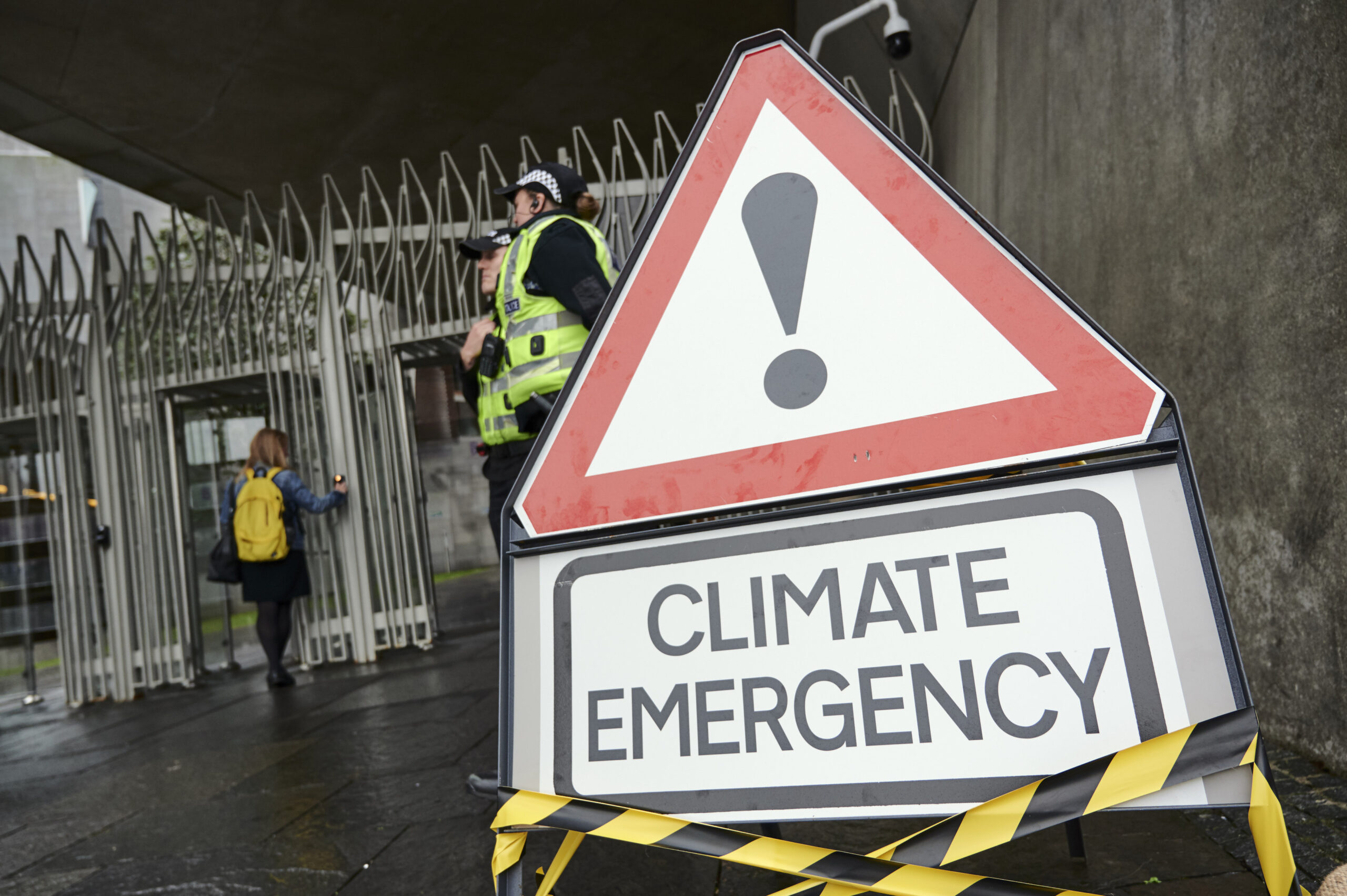
‘Humilitating’ debate to ditch Scottish climate targets
15 years of insufficient climate action from Scottish Ministers has brought us to this shameful moment.
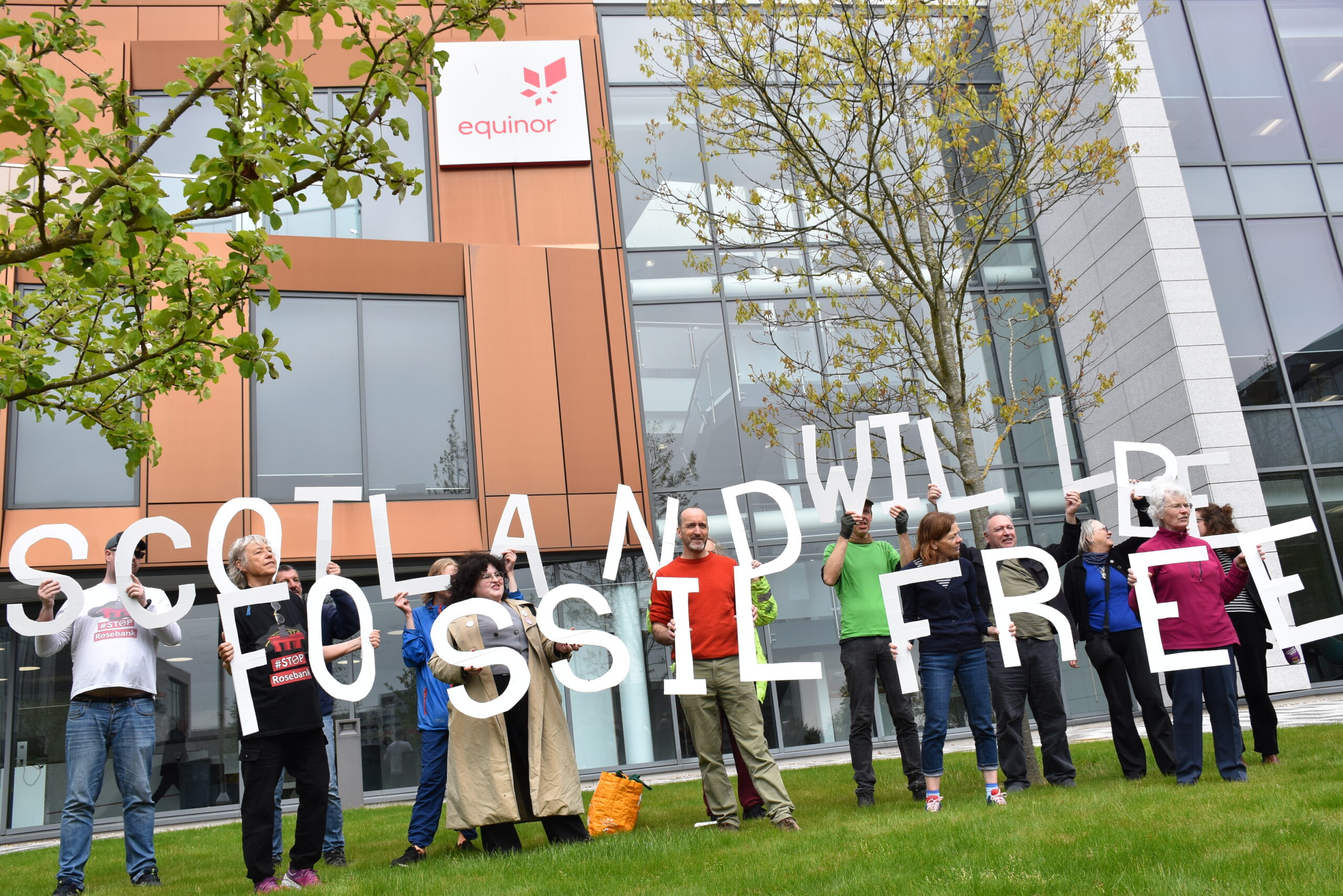
Climate campaigners urge Labour Minister to withdraw from fossil fuel event
Campaigners argue his role at the oil conference is incompatible with a commitment to tackle the worsening climate emergency.
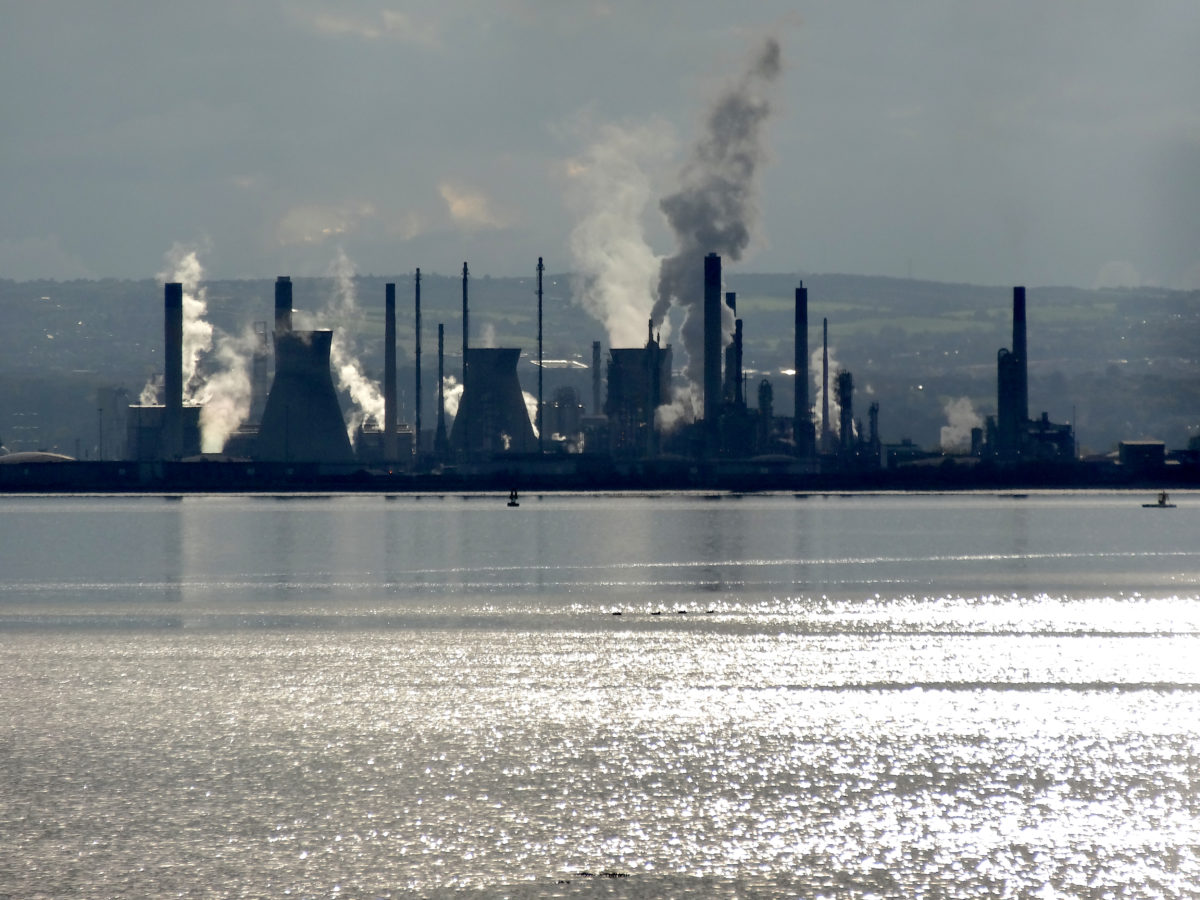
Grangemouth closure reaction: no justice in this decision
The inevitable Grangemouth closure showed both Governments have no credible just transition plans
Resources
Climate Justice in Palestine is a Human Right
Our Letter to the First Minister about COP28 & Peterhead Power Station
Annual Review 2022-2023
National Planning Framework 4 Briefing
The Role of the Scottish Government in the Phase Out of Oil & Gas
A fair and fast transition away from fossil fuels to clean, affordable, renewable energy is an urgent necessity.
Onshore conventional oil & gas call for evidence – FoES response
A position of no support for onshore conventional oil and gas extraction must therefore be adopted, and enforced through the licensing regime and the new National Planning Framework 4.
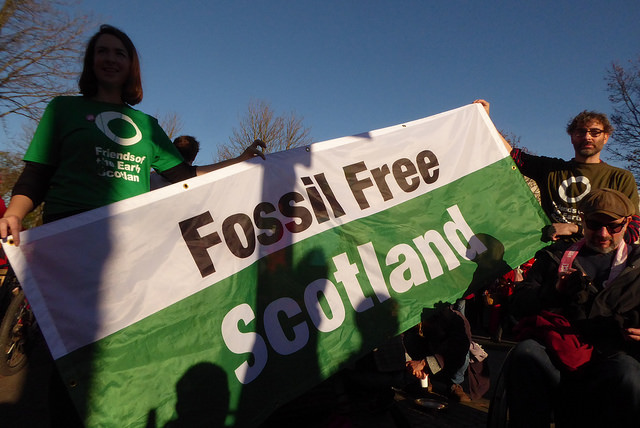
What does the new law need to do?
Set stronger targets to cut climate emissions
- step up action over the next decade: cut emissions by 86% by 2030
- end our contribution to climate change: reach net-zero emissions by 2040
Commit to urgent climate action
- improve the energy efficiency of homes
- reduce emissions from farming
- ensure finance spending is consistent with our climate targets
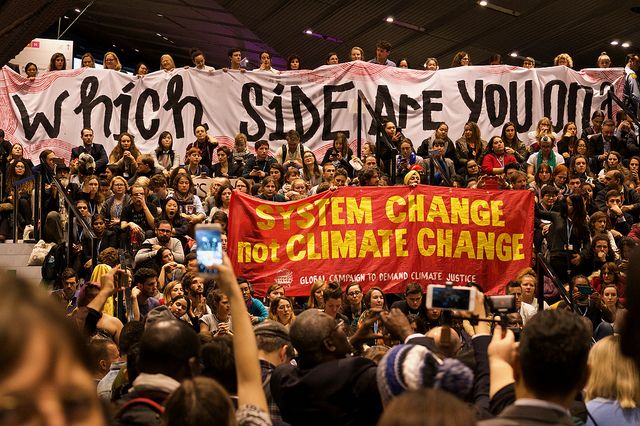
Get Involved
To win this campaign we need people power.
Growing movements for climate action, like the youth climate strikes, help to put pressure on our politicians to act.
Together, we can make sure Scotland steps up climate action to play our part in tackling the climate crisis and build a better future for everyone.
Get involved!
Email or visit your MSP, and tell them why you care about climate change.
Join a local group campaigning for climate action.
